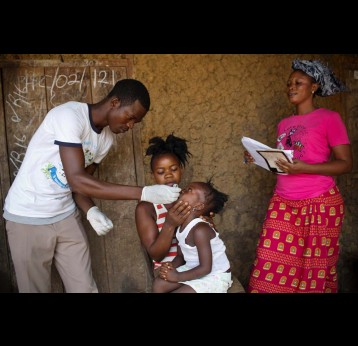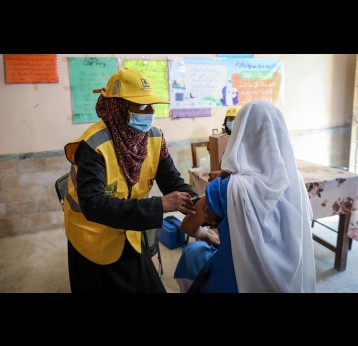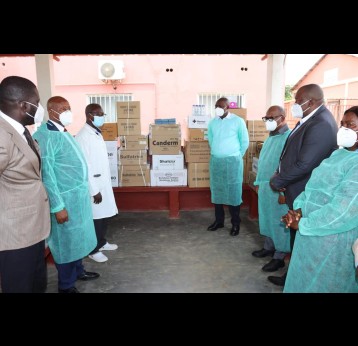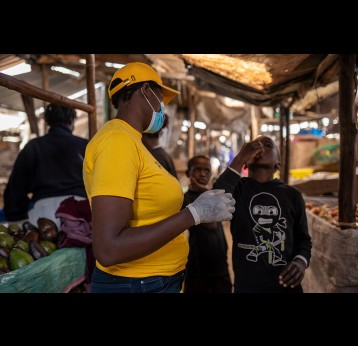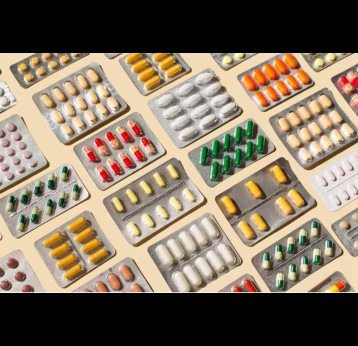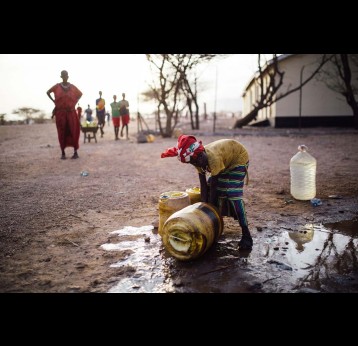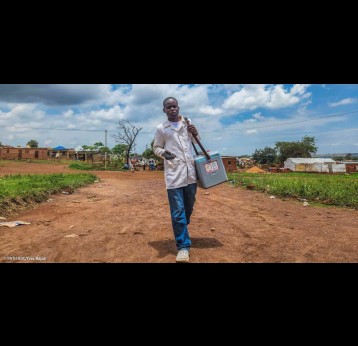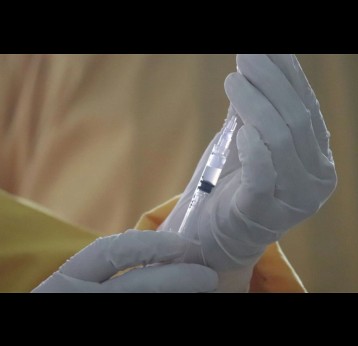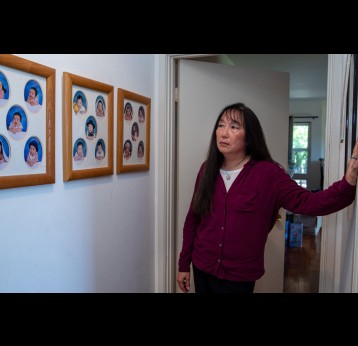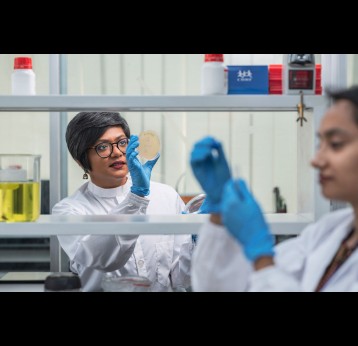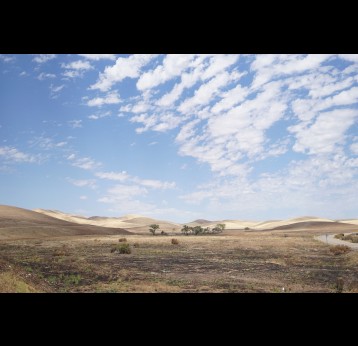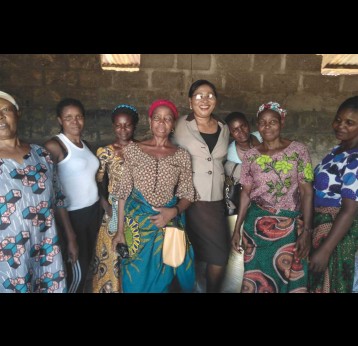View by type:
Articles (4022)
How to get vaccines to remote areas? In Sierra Leone they’re delivered by foot, boat or motorbike
For villagers in remote areas in Sierra Leone it takes a lot of time and money to get to a clinic. So the COVID-19 vaccine came to the people.
Pandemic disruptions to life-saving vaccine programmes are costing lives, but most could be saved by targeted catch-up programmes.
On Angola’s borderlands, communities brace for cholera
Angola’s last cholera outbreak was in 2017 – but with neighbouring countries battling epidemics, health workers and civilians in frontier provinces are getting ready.
Gavi and UNICEF welcome approval of new oral cholera vaccine
Gavi, the Vaccine Alliance and UNICEF welcome the news that a new oral cholera vaccine (OCV), Euvichol-S, has now received WHO prequalification and can be made available to countries around the world.
Drugs that aren’t antibiotics can also kill bacteria − new method pinpoints how
There are many ways to kill microbes that cause dangerous infections. Combining genetic screening with machine learning can help researchers identify new antimicrobials.
Cholera, an old foe, is becoming a new kind of problem for Kenya
But Kenya is gunning for elimination. KC Cheng surveys the state of play.
Reaching every child with vaccines: a monumental challenge in the mining areas of the DRC
Many children in the DRC’s resource-rich mining zones have never received a single dose of vaccine. In Lualaba province, VaccinesWork caught up with the health teams trying to remedy that.
Why stemming the rise of antibiotic resistance will be an historic achievement
Collaborative efforts to combat antibiotic resistance across human and animal health will mark an era-defining triumph for health cooperation worldwide.
When infection sparks obsession: PANDAS and PANS
A controversial diagnosis is increasingly accepted among doctors. Finding care remains out of reach for many families.
In Bangladesh, a new way to map typhoid promises to aid vaccination strategy design
Salmonella Typhi is tricky to culture in the lab. But a group of scientists in Dhaka have shown that a virus that preys on the typhoid bacterium works as a proxy tracker.
‘Healthy humans without a healthy planet is a logical fallacy’: Interview with Dr. Sakib Burza
In an interview with Mongabay, Dr. Burza lays out his argument for how and why the health of people and the planet are connected, and actions that can improve the state of both.
Force of nature: in Nigeria, this retired nurse is not done saving lives
For Fanny Ogwu, immunisation advocate, retirement was just a new start.

